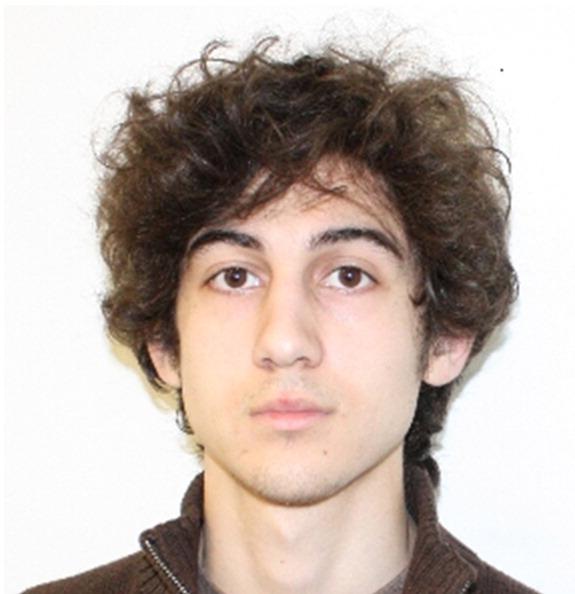After some 15 hours of deliberations, a Boston jury has sentenced convicted Boston Marathon bomber Dzhokhar Tsarnaev to death. Tsarnaev was convicted of 30 federal crimes on April 8, 17 of which carried capital punishment as a potential sentence. On each of those counts, the jury was charged with determining whether the prosecution had proved a number of aggravating factors that legally determine whether execution is justified. (You can read the jury’s complete verdict form here.) They sentenced Tsarnaev to death on six counts—ruling that, among other things, he acted in a “heinous, depraved, and cruel manner” and did not show remorse for his crimes.
Tsarnaev’s attorneys are expected to appeal the sentence on issues including the decision to allow his trial to be held in Boston rather than a different location with a potentially less biased jury pool.
The last execution carried out by the federal government was Timothy McVeigh’s in June 2001.
An April Boston Globe poll of Massachusetts residents found that 19 percent felt Tsarnaev should be put to death and 63 percent felt he should be sentenced to life in prison. Slate’s Seth Stevenson, a Boston native, wrote Wednesday about the burden the Tsarnaev jurors must feel—and the helplessness of knowing that neither verdict can reverse what happened in April 2013. “I don’t think either of these punishments will deter the next wannabe jihadi. I don’t think either punishment will balance the scales in any way,” wrote Stevenson. “I just want to turn the clock back to a sunny Marathon Monday, amateur runners nearing the finish line with big smiles on their faces, friends and families cheering, the whole afternoon a celebration of human endeavor, and community, and civic joy. That can’t happen. Instead, we must do this grim business.”
Read more of Slate’s coverage of Dzhokhar Tsarnaev’s trial here, including Seth Stevenson’s pieces on the defense team’s strategy for trying to save Tsarnaev’s life and the question of whether Tsarnaev felt remorse.
